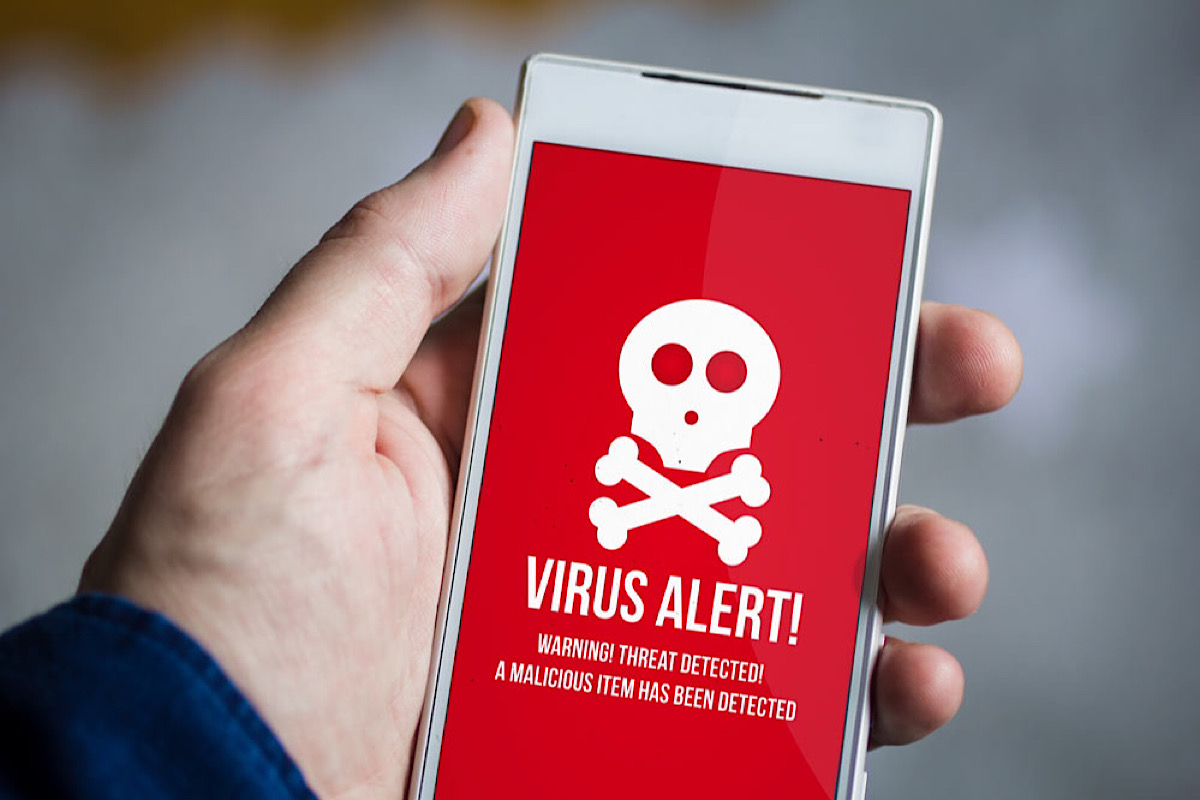In the 21st century, all the work in the real world is done on a computer, which enables you to save time and keep all your heavy data intact. You can easily rely on your computer for all the data related to your workspace, personal data, and financial data.
But you need to be a little cautious too. There are computer viruses, a type of malicious software, or malware, that spread between computers and cause damage to data and software. These viruses aim to disrupt systems, cause major operational issues, and result in data loss and leakage. It is something we all hope to avoid, but the truth of the matter is that we can’t dodge it forever. Notably, it is not always the case that these viruses find their way through the internet. So, whether you are connecting to the internet or not, having reliable protection is the route to go.
Advertisement
How do anti-virus programmes save your computer?
Anti-virus programmes are a minimal investment, and as soon as you power up that computer, make sure you are protected. Many of these programmes are free and prevent viruses from doing any damage to your computer. They require continuous running and updating, but when used correctly, they serve their purpose. Antivirus products work by detecting, quarantining, and/or deleting malicious code to prevent malware from causing damage to your device.
How to protect your devices from viruses?
In order to protect your devices, be it a computer or a phone from a virus, there are certain steps or processes that you need to follow.
Always rely on trusted sources. Whenever you install any apps on your device, always do it from a trusted source. In the case of a phone, your phone’s official store is the safest place to download apps. Also, you should never need to install an app from any other location.
Check before downloading. It is also advised to do good research on the apps that you are going to download. Even though the App Store and Play Store are the safest places to download apps, it’s still possible for rogue apps to make their way onto both services. If an app has several thousand or even a million downloads, it’s likely not a virus. For a further background check, search the web for the name of the app and/or the developer to see what kind of information you find.
Update software and operating systems. Another way to keep your device safe is by keeping your software and operating system up-to-date. In the case of both Apple and Google, they release security and feature updates that keep your phone safe from viruses and other malware. Also, ensure that you’re using the latest version of the operating system on your device.
Avoid spam messages and documents. In case you receive any urgent or warning messages, be very careful, as they might be from rogue websites and apps. It can be really hard to distinguish fake messages from ones that actually come from Google or Apple. In the case of computers, viruses are often transmitted by downloading infected attachments from emails and other types of messages.











